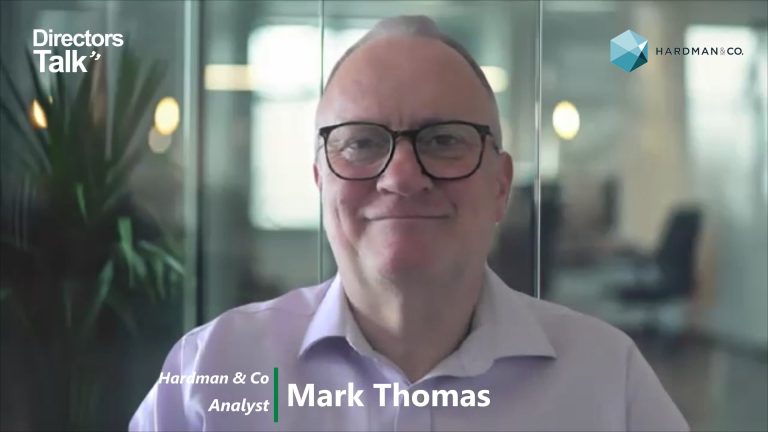Palace Capital plc (LON:PCA) December 2020 quarter rents showed 92% received; as of the 14 April trading update, 82% of the rents due end-March under the monthly payment plans had been received – a good initial profile. Hudson Quarter (HQ) sales are progressing well into a robust market, and the leisure assets have seen several new lettings. It is also encouraging to see ongoing small, non-core disposals at above book. In addition, cash and facility headroom are more than adequate, at £14.4m, and the company’s strategy and its execution remain attractive after the test of COVID-19. The largest segment is regional offices, and there is a positive upside opportunity here for 2021, we believe.
- Dividends: 1H’21 (to September 2020) paid 5.0p, on 7.0p EPRA EPS. We estimate 2H’21 EPRA EPS at 7.8p, and these profits do not take into account the HQ development profits. The risk to our dividend estimates – particularly FY’22 and FY’23 – is on the upside, but we consider it premature to raise our forecasts yet.
- HQ: Within a good UK-wide housing market backdrop, we believe PCA has adopted the right approach by selling smaller apartments first and retaining the more expensive, larger ones for later phases. Forty are sold, six are under offer, and reservation rates in March and into April rose significantly.
- Valuation: The shares stand at a 7.5% EPRA earnings yield for FY’23E. The prospective dividends yield more than the peer group. We anticipate growth and upgrades. EPRA EPS exclude HQ profits, but their recycling moves profits higher in the year to March 2023 – so FY’23 EPS is highly visible.
- Risks and upside: COVID-19 has fully demonstrated the difficult markets and, indeed, many assets have short WAULTs. The regional office sector has good prospects, notwithstanding the short-term turbulence. The leisure assets have long WAULTs. Development may actually reduce risks through cash generation.
- Palace Capital Investment case: The “total return” strategy features HQ and other smaller developments and asset enhancements boosting returns. Portfolio net initial yields are 5.9%. It should be noted that this includes the impact of voids, the significant nil-income development assets and other costs. So, with strong income upside and exposure to economic recovery, this is an attractive model, we believe.









































